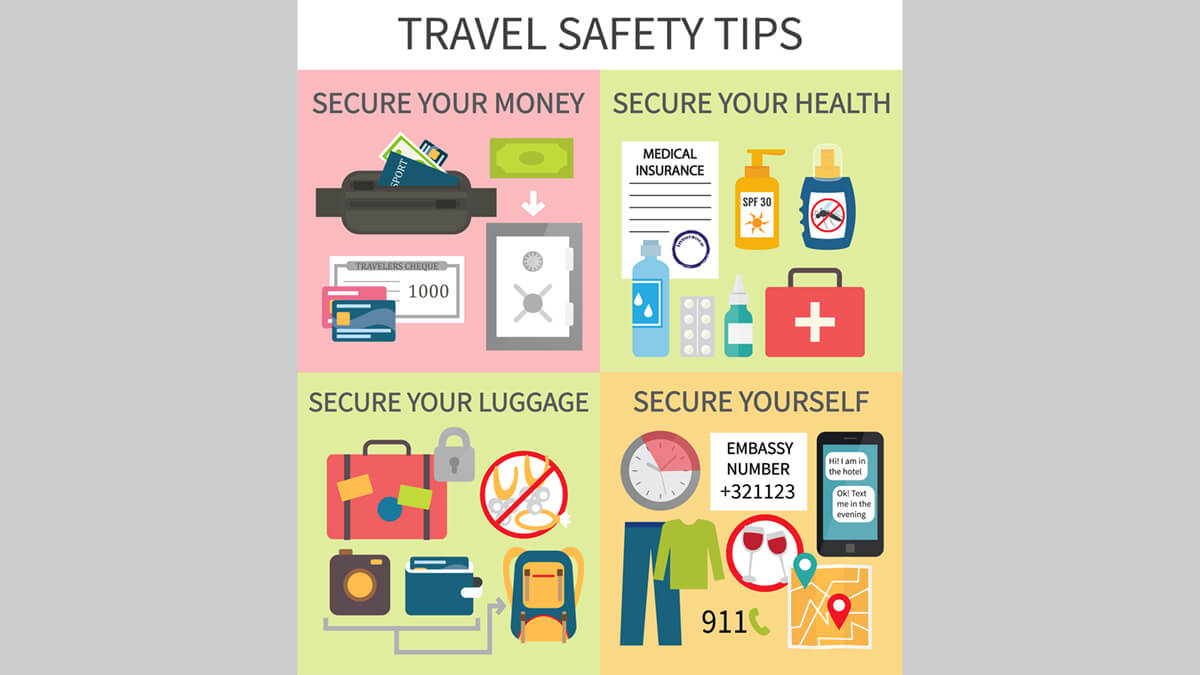Souvenirs from the trip of a lifetime are lovely reminders of time well spent. But nobody wants to bring back Zika, cholera, Murray Valley encephalitis, chikungunya, or Montezuma’s revenge. You might not have even heard of some of these maladies, but health educators—especially those who specialize in global health education programs—are trained to understand and disseminate information about them as they relate to travel.
Two organizations, the Centers for Disease Control and Prevention (CDC) and the World Health Organization (WHO), provide information on health issues that can affect all of us, wherever we happen to reside or travel. The CDC focuses on issues of concern specific to the American public, whether we’re stateside or abroad, and the WHO takes a more global approach. Both organizations provide a wealth of material relevant to travelers.
Once you’ve decided on your itinerary, plan to take precautions before, during, and after your trip. Here are five warnings health educators might offer to people traveling to far-flung destinations:
- Be aware of the CDC’s three levels of travel notices, and understand that you might need to adjust your travel plans.1 Conditions can change at any time—think hurricane season or severe winter weather. Big weather events can knock out power and communication, pose threats to health, and impede access to healthcare. The CDC’s travel notice system is designed to provide information to travelers about health issues in specific international destinations as a result of disease outbreaks, special events or gatherings, and natural disasters.
- Warning Level 3, Avoid Nonessential Travel
- Alert Level 2, Practice Enhanced Precautions
- Watch Level 1, Practice Usual Precautions
When you’re ready to pack your passport and embark on an adventure, remember to take charge of your health first.
If you’re interested in making an impact via careers in health education and promotion, Walden University offers an MS in Health Education and Promotion program. The increased interest in and focus on healthy behaviors and preventing illness is fueling the need for qualified health education specialists. Employment growth for health educators and workers is projected to be a healthy 16% through 2026, which is much faster than the average for all occupations.3 Walden’s online program will help prepare you to advance in the field, working as a health educator in academic, clinical, community, or corporate settings.
Walden University is an accredited institution offering one of largest suites of public health programs available online today, including an MS in Health Education and Promotion. Choose from specializations that include Population Health, Emergency Preparedness, and Health Policy and Advocacy. Expand your career options and earn your degree using a convenient, flexible learning platform that fits your busy life.
1Source: wwwnc.cdc.gov/travel/notices/
2Source: wwwnc.cdc.gov/travel/page/infographic-food-water-what-to-know
3Source: www.bls.gov/ooh/community-and-social-service/health-educators.htm




